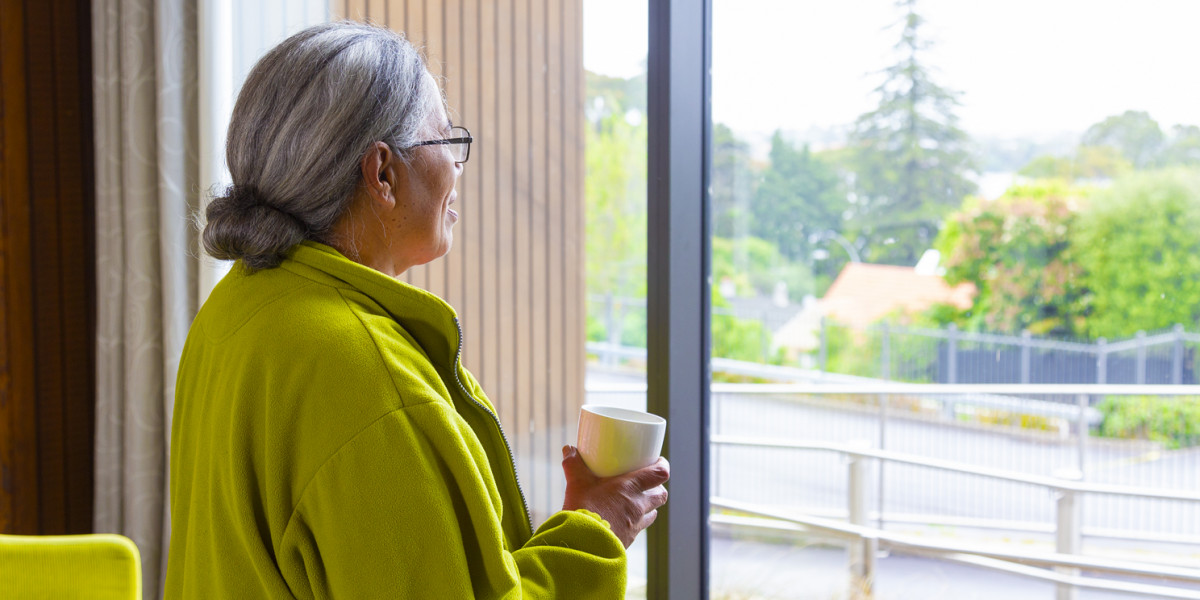As a cancer survivor, living with a cancer diagnosis means living with uncertainty. Whether newly diagnosed and anxious about treatment and side effects, or even 15 years after treatment, the feeling of uncertainty may never go away.
“The most resilient people on Earth are people with cancer, because they are masters at adjusting to unwanted realities and uncertainty from the moment of diagnosis. People with cancer have looked death in the eye and are still finding their way.” -Ryan MacDonald.
With the Covid-19 pandemic, uncertainty has become everybody’s “new normal.” From finances to work arrangements, socialising to travel – Covid-19 has impacted on every facet of our lives.
Add cancer to the mix and there’s a whole new layer of uncertainty.
Is it safe for me to go to the supermarket yet? Will I get treatment and tests when I need them? Is a phone consult with my specialist as good as face to face? Will I be able to get the medications I need? If I must go to hospital, will my loved ones be there to support me?
The good news is you are already an expert in dealing with uncertainty. You just may not realise it. That’s because with every decision you make during the day, you can never be certain what the outcome will be.
Try this: Think of all the things you are planning to do today and ask yourself if you have 100 percent certainty of what is going to happen. You don’t, but you will still take action without certainty. You will play the odds.
The reality is if you demanded certainty from everything in your life, then you would be frozen in your chair.
And uncertainty can be a positive force. It may motivate and lead you to include healthier behaviours in your life, such as eating better, being more physically active, paying closer attention to the changes in your body, taking time out to stop and smell the roses or strengthen relationships with loved ones and friends. So, what are some of the strategies for living with uncertainty?
1. Recognise that total certainty is an illusion
2. Draw on skills you’ve used before and play to your strengths
It’s highly likely you’ve dealt with uncertain times before. Reflect on the skills you used then. What helped? What didn’t?
3. Meditation
There is a growing body of evidence that meditation helps people cope better with anxiety and depression, which living with uncertainty may cause. Even 5 minutes a day can help calm your mind and reduce anxiety. Visit one of my favourite guided breathing sites: https://my.dorsetmind.uk
4. Exercise
Walking, running, aerobics, dance, yoga, tai chi are all great for discharging physical and emotional energy that we carry during the day. Exercise may also help with getting good sleep, which is essential for thinking clearly and being our optimal selves.
5. Hold onto your “stability rocks”
Often when living with uncertainty, it may feel like everything is spinning out of control. Your usual routines and rituals become really important at this time. “Stability rocks” are grounding and can help remind you what’s within your control.
Some examples of “stability rocks” could be waking up and going to bed at the same time every day, eating regular meals, reaching out to a friend each day, doing some form of exercise every morning, ending each day with reading a book or prayer.
6. Do things that matters to you
Give yourself permission to do things that are purposeful to you, are based on your values, and give you a break from cancer and Covid-19.
Engage in some type of creative pursuit like writing or painting, or an activity that gives you warm fuzzies, such as going through old photo albums, or catching up with friends for coffee.
7. Be flexible
Try to remain flexible and accept that plans may change. Keep a list of things you would like to do on days when you feel better and have more energy or when Covid-19 restrictions lift.
8. Get support
It’s easy to feel alone. Reaching out to others for support can be helpful. This may be a partner, a friend, your doctor or nurse. It may be connecting with people who are going through similar but different challenges.
Sometimes more formal support is needed, like counselling, especially if living with uncertainty is affecting your quality of life. Don’t be scared to ask for support.
Last thoughts
Learning to live with uncertainty is one of the great challenges of life. It’s not easy, but learning to tolerate ambiguity is an essential skill for living a satisfying life.
Give yourself credit as you cope with this tough time and recognize that dealing with this challenge can make you more resilient. It will carry you through many challenging times, and you’ll find yourself living with more appreciation of the moment, which is really all we ever have anyway.
“I wanted a perfect ending. Now I’ve learned, the hard way, that some poems don’t rhyme, and some stories don’t have a clear beginning, middle and end. Life is about not knowing, having to change, taking the moment and making the best of it, without knowing what’s going to happen next. Delicious ambiguity.” -Gilda Radner
Sources: Cancer Society NZ, Psychology Today, GoodTherapy.org, Reachout.com, Curetoday.com and Life Happiness and Cancer by Phil Kerslake.

